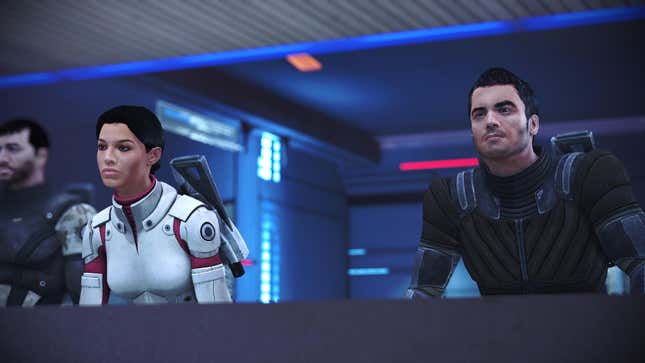
One of the best things video games can do is let us have ownership over the stories we play through. Crafting meaningful, engaging moments of choice and consequence can be difficult for some developers to navigate, but when a game really makes you stop and consider why you’re doing something beyond just a raw desire to extract the maximum amount of content, that’s when you’ve struck gold. Some choices are big, some are meaningless in the grand scheme of things, but if it’s done well, even the most minute decision can stick with you. Here are a few of the choices we’ve agonized over in games.